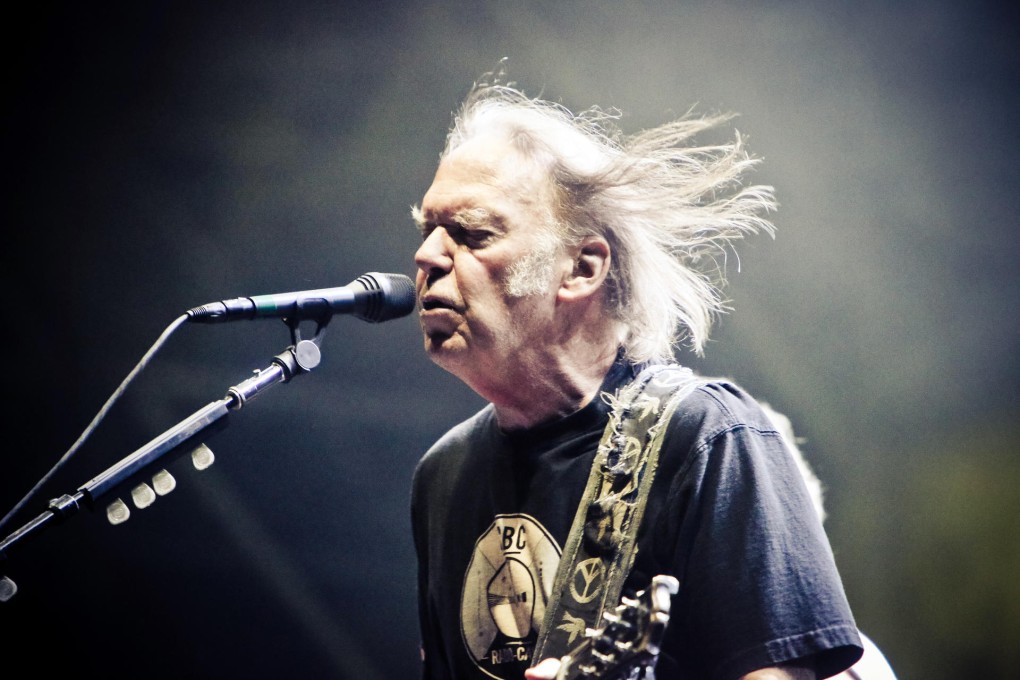Neil Young is busy at 68 with a new memoir, new album and commitment to solving the planet's energy crisis

Neil Young is way too busy to spend much time contemplating his mortality, but in his vivid new book, , he describes a rare exception. Last year, Young had dinner with his son Ben at the same restaurant where he first met Ben's mother, Pegi, four decades earlier. As Young pulled into the parking lot, "I felt the passage of life and how fleeting it is," he writes. "In a silent prayer to the Great Spirit, I asked to be worthy of more time. There was still so much to do."
And what, exactly, is on that list? "Number one: love and happiness and enjoying the earth for what it's worth, which is an incredible place to be," says Young, 68, sitting on his boat off the coast of someplace he won't name. "And number two: protecting that earth for the children and the grandchildren and their grandchildren, on and on. Those are the things that matter to me."
What about music? "Music is the offspring of all of it. Music is a conversation that happens while I'm doing these other things. I don't think I've accomplished enough, but it's been a really good trip so far."
, Young's follow-up to 2012's bestselling , was released on October 14. It will be followed this month by his second studio album of 2014, . So far this year, Young has released the low-fi, Jack White-produced covers compilation , led a successful Kickstarter for his ultra-hi-fi portable music player Pono, and trekked through his native Canada to protest the planned construction of the continent-spanning Keystone XL oil pipeline, which he has called "a disaster waiting to happen".
On September 27, he took the pipeline protest to Nebraska, playing a one-off benefit show with Willie Nelson. Young ended up bashing through an unrehearsed, guitar solo-filled set backed by Nelson's son, Lukas, and his band Promise of the Real. "I don't think Neil's ever gonna slow down," says Lukas. "He's still fairly young, really. I mean, my dad's 81 and he's still going strong."
Young's new book is structured around recollections of the cars that he has driven over the years, a literary device that elicited more emotionally charged memories and prose than anything in his previous memoir. He writes evocatively about rough childhood moments (he once saw his father slap his mother during an argument and retreated into the basement to play with his electric trains) and adult triumphs (he composed the album in an empty car barn on his ranch, sitting for days on end with a joint, his guitar and his amp).
